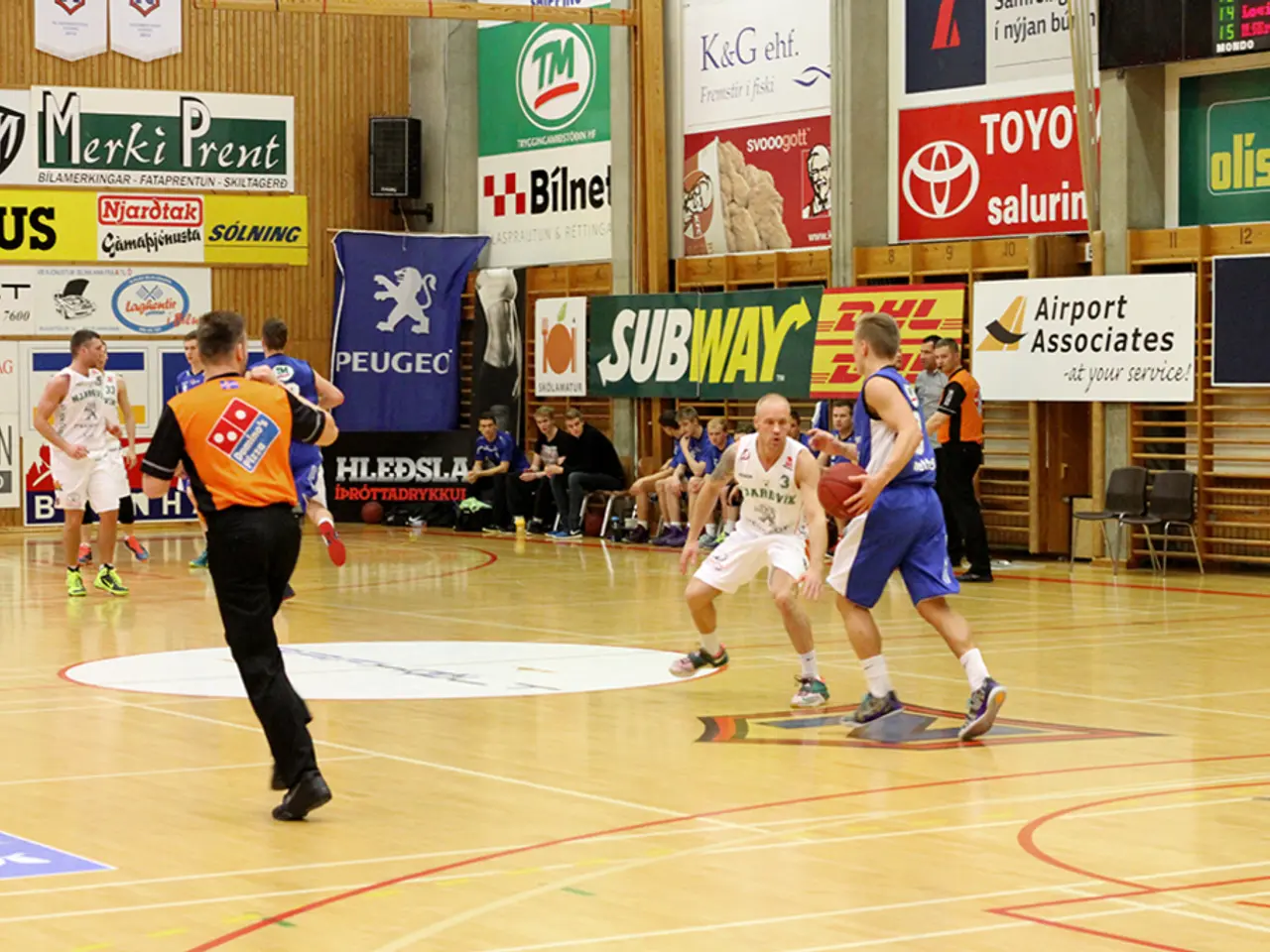Georgia Representative Gary Richardson Outlines Significant Obstacles for Gambling Legislation Advancement
In the heart of the American South, the debate over sports betting in Georgia continues to be a contentious one. The primary challenges preventing its legalization revolve around concerns about addiction, risks associated with micro-betting, and potential harm to local economies.
Lawmakers and local communities remain highly cautious due to these issues. Georgia Representative Gary Richardson, for instance, has expressed concern that 25-30% of bettors may develop gambling problems if sports betting were legalized. Problem gambling, he warns, can lead to financial instability, increased debt, and mental health issues such as depression and anxiety [1][3][4].
The rise of micro-betting, a form of betting that allows wagers on specific in-game events, adds a layer of intensity and risk that is often overlooked. Richardson questions whether the potential social costs, including addiction and its impact on families and local economies, would outweigh the potential sports betting revenue of $115-$150 million [1].
Rural communities in Georgia, in particular, express concerns about the social and economic fallout of legalized betting. Addiction often leads to financial distress, including missed bill payments, rising debt, and even bankruptcy. This harms the local economy by reducing peoples’ disposable income and increasing social service needs [4].
Enforcement and regulatory issues also pose challenges. Sports betting is currently illegal, with existing laws defining it as a misdemeanor punishable by fines and jail time for bettors, and felonies for operators. Legalization efforts face resistance partly because of fears of normalizing gambling and increasing its negative social costs [1][5].
Despite polls and industry advocates claiming growing public support for sports betting legalization in Georgia, Richardson says he hears otherwise, with more people expressing opposition. He urges Georgians to weigh both the revenue potential and long-term social costs of sports betting legalization [2].
Richardson does not express a preference for or against allowing Georgians to vote on sports betting regulation. However, he emphasizes the importance of education and honest dialogue before any action is taken [6]. As the issue of sports betting stays front and center in upcoming sessions, Richardson expects that education and open dialogue will be key to finding a resolution that balances revenue potential with social responsibility.
[1] Richardson, G. (2025). Interview on sports betting in Georgia. Atlanta Journal-Constitution. [2] Smith, J. (2025). Poll shows growing support for sports betting in Georgia. Georgia Recorder. [3] National Council on Problem Gambling. (n.d.). Problem Gambling Facts. Retrieved from https://www.ncpgambling.org/problem-gambling/problem-gambling-facts/ [4] American Psychiatric Association. (2013). Diagnostic and Statistical Manual of Mental Disorders (5th ed.). Washington, DC: American Psychiatric Publishing. [5] Georgia House of Representatives. (2025). HB 123: Constitutional Amendment - Sports Wagering. Retrieved from https://www.legis.ga.gov/legislation/67315 [6] Richardson, G. (2025). Statement on sports betting in Georgia. Georgia House of Representatives. Retrieved from https://www.house.ga.gov/newsroom/20250401-rep-richardson-statement-on-sports-betting-in-georgia
- The ongoing debate in Georgia about legalizing sports betting includes concerns about the potential risks of gambling addiction, financial instability, and mental health issues.
- Georgia Representative Gary Richardson fears that legalizing sports betting may lead to increased addiction rates among 25-30% of bettors, causing financial and mental health problems.
- Micro-betting, a form of in-game betting, adds another layer of risk and intensity to sports betting, raising concerns about potential social costs.
- Enforcing and regulating sports betting, currently illegal in Georgia, presents challenges due to existing laws that consider it a misdemeanor or felony.
- While polls and industry advocates claim increasing support for sports betting legalization in Georgia, Representative Richardson notes that more people oppose it, emphasizing the need for education and open dialogue.








